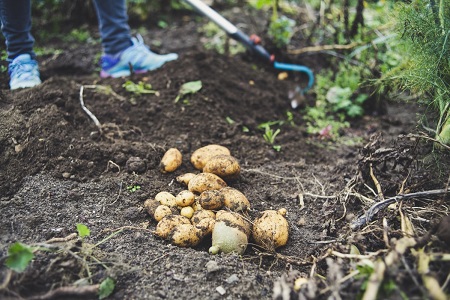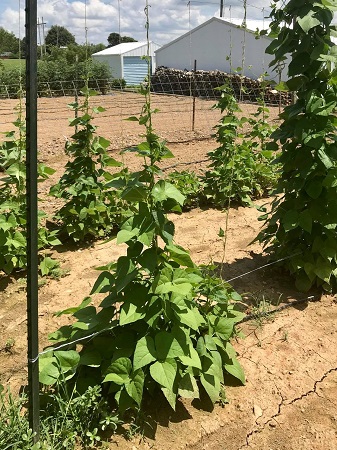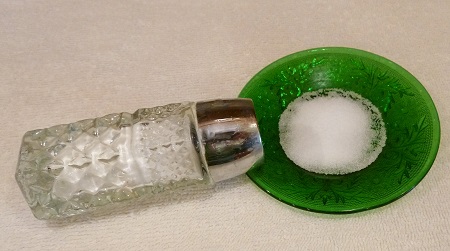What’s Good for the Goose Is Good for the Gander
 If my sister received a privilege as a child, I thought I had the same right. My little brain believed what’s good for the goose is good for the gander.
If my sister received a privilege as a child, I thought I had the same right. My little brain believed what’s good for the goose is good for the gander.
Since my grandmother raised geese, I knew a gander was a male goose. However, I also knew this expression applied to both males and females.
What’s good for the goose is good for the gander relates to fairness.
If my sister enjoyed a treat, I wanted one too. That included such favors as:
- No chores
- Late curfews
- New clothes or books
If anything is okay for one person, it should be for another.
I wanted equal treatment, and so did my sister.
Regardless of backgrounds or circumstances, most people want to be treated with:
- Respect
- Dignity
- Worth
What’s good for the goose is good for the gander keeps everyone off a high horse.
If my sister and I acted too high and mighty, we knew our goose was cooked. We ended up in trouble.
God created all people in His image.
To follow God means to treat one another with the same love, forgiveness, and justice God gives.
“Do not pervert justice; do not show partiality to the poor or favoritism to the great, but judge your neighbor fairly” (Leviticus 19:15 NIV).
Thanks to Becky Nash Rowe for the suggestion. Image by Ted Erski from Pixabay.
Do you have an expression you want explained or a thought about this one? If so, please comment below.
Subscribe to receive my weekly posts by email and receive a free copy of “Words of Hope for Days that Hurt.”
If you enjoyed this post, please share it with your friends.
 When gardeners dig potatoes, they usually look for lots of large ones. Small potatoes often get thrown away.
When gardeners dig potatoes, they usually look for lots of large ones. Small potatoes often get thrown away. My grandmother often said, “That doesn’t amount to a hill of beans.” In other words, it is not worth much.
My grandmother often said, “That doesn’t amount to a hill of beans.” In other words, it is not worth much. My friend Martha said her father described a few of her boyfriends as not worth the salt that went in their bread. He meant they were not worth much.
My friend Martha said her father described a few of her boyfriends as not worth the salt that went in their bread. He meant they were not worth much.